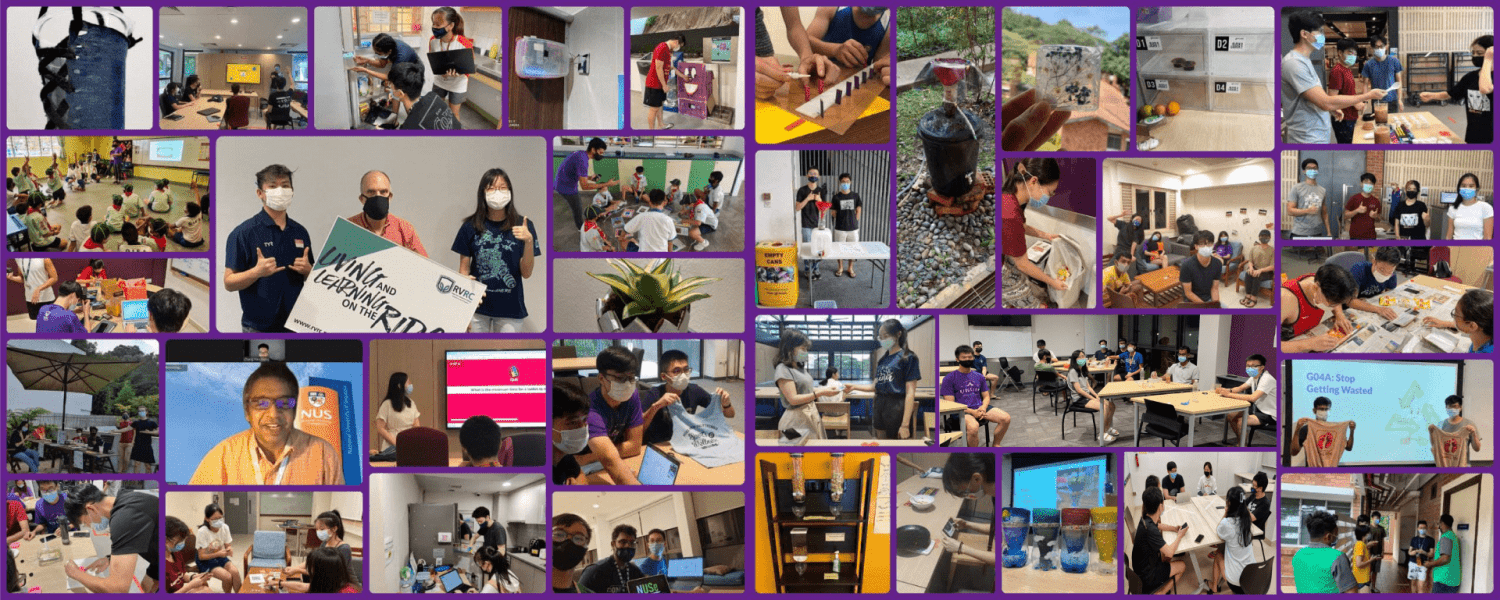Foo Zhi Jie, Joseline Erika, Ng Joo Yong Emmalene, Seah Wei Quan, Wu Puyue
Academic Advisor: Mr. Lim Cheng Puay
Singapore is a highly urbanised country with 100% of her population living in urban areas. Despite this, there is still about 47% green coverage and primary forest and wetlands gazetted as nature reserves. We have a rich assemblage of flora and fauna, with still new discoveries made; more than 480 new species of plants and animals have been discovered in Singapore over the last five years (Lin 2017)! This greenery was no accident. Besides its aesthetics and ecological benefits, green spaces have been touted to improve the psychological well-being of its users (Muscara and Saegert 2007). Yet green spaces are not uniform, they range from untouched primary forests to manicured parks and gardens found in urban towns. This project aims to measure how undergraduate college residents perceive green spaces around them and the extent to which the students are comfortable with ‘wild greenery’ as opposed to ‘manicured greenery’.
Keywords: Natural Environment & Ecosystems, Human Nature conflict, Education, Green spaces
